It’s Monday and time for Ask Kotaku, the weekly feature in which Kotaku-ites deliberate on a single burning question. Then, we ask your take.
This week we Ask Kotaku: How did your parents feel about you playing video games?
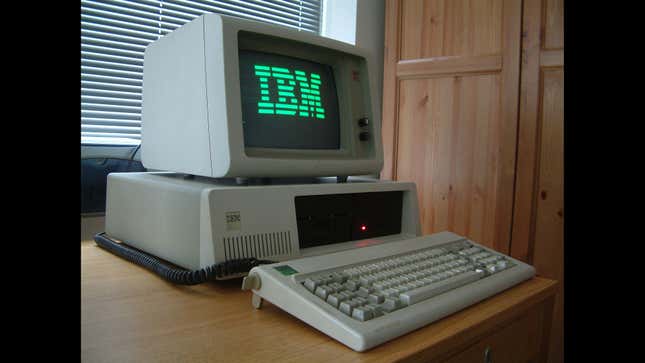
Brian
My parents had no problem with video games. Granted, they did have a Pong machine and a Magnavox Odyssey, which I believe my dad played. I never saw him play another video game console until I got a Wii, which he enjoyed.
But when the NES was released in the mid-1980s, I got one for Christmas. Subsequently, I got more Nintendo hardware, Sega consoles, and even a TurboGrafx-16, with my dad taking me to go buy Splatterhouse. There were never any rules about how long I could play games, which actually made me limit my own playtime so I could do other things, like play outside or read.
Oddly, the only PC we had in the house was an ancient IBM with a 5151 monochrome monitor, and as the ‘80s bled into the ‘90s, I found myself going to a friend’s house to play SimCity and Civilization. I always wished we had had a better computer at home.
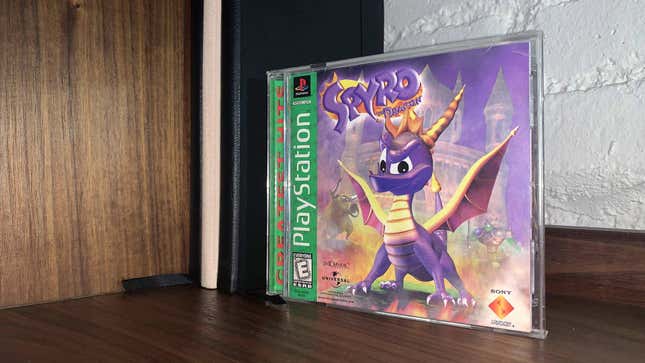
Lisa Marie
My parents were overall very supportive of me playing video games. They emphasized limits like playing after I finished my homework or stopping at a certain time to get ready for bed. I think this helped me learn boundaries early on, which helped in college and adult life. But there were also plenty of times my mom cheered me on saying I was “kicking ass” in Spyro. They tried getting me the consoles and games I wanted, as long as it felt appropriate.
Still, there was a feeling that gaming was kind of for boys. My mom also worried about me playing too much because video games wouldn’t get me a job. A couple years ago I reminded her of that sentiment and pointed out that I now get paid to write about gaming. She sighed and muttered, “Jesus Christ.” But she also says she’s proud of me.
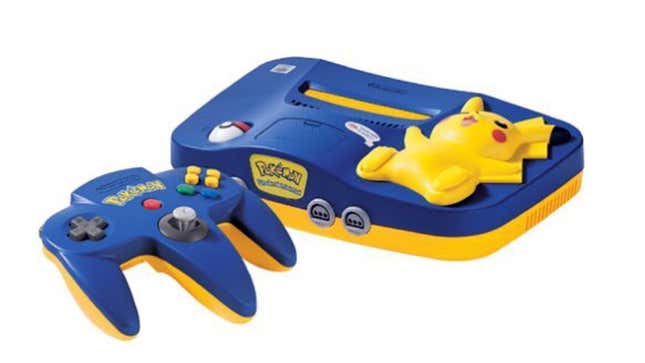
Ari
My parents divorced when I was growing up. (They’re back together now but not, to my knowledge, technically remarried. I don’t know. Love is complicated.) On Mondays and Wednesdays I’d stay with my dad. On Tuesdays and Thursdays, my mom. Weekends would alternate. Video games helped me stay grounded with this hectic schedule, and so I kept a different gaming system at each house. I think my folks understood how important games were to me, because they would actually sit down and play. My mom and I each had Game Boys, and would play the gen-one Pokémon games together. (She made it to the Elite Four.) Meanwhile, my dad bought me an N64—one of the special editions with the Pikachu plastered on the facade—which we used to sink hours into Yoshi’s Story.
My parents approached video games as they did everything else: As long as it wasn’t a problem, they didn’t give a shit. In fact, my parents seemed to embrace games, with mom championing the social aspects of gaming and my dad singing the praises of the more practical benefits: that playing games can sharpen skills like deduction, problem-solving, and hand-eye coordination. (That last one, unfortunately, did not imprint so well on me off-screen.) And then there’s the big one: That I arguably make a paycheck today because I played video games when I was a kid. They couldn’t have seen that one coming but, hey, I’m sure they feel good about it.
In other words, whatever dreck the Gray Lady recently reported, my parents were the magnetic opposite—literal decades ago. Talk about being ahead of the game.
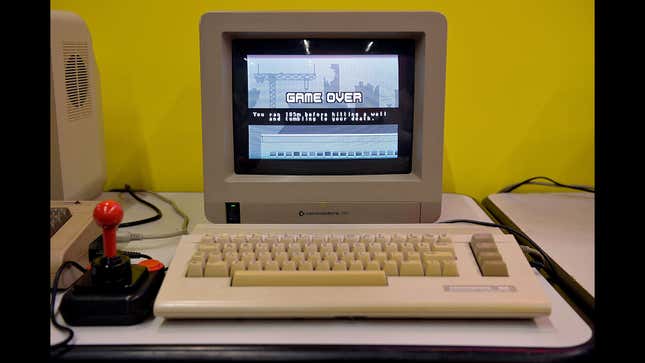
Stephen
My parents were fine with it, as best I can recall. The only gaming hardship I can recall, if you can even call it a hardship, is that we didn’t have the popular consoles when other kids did. Other kids had an Atari, and we got an Odyssey 2. Other kids got a NES, which I played at their houses, and we were sort of the last to get one, or so it seemed. Not bad, though! My dad wasn’t interested in games, but my mom bought herself Tetris for the NES. She also got a Commodore 64 for the family to use as a word processor (I have a weird childhood memory of being upset about it and telling my mother it felt like “cheating” to use the computer when we could have used a typewriter!). Soon enough, we were getting games for the C64, too.
I don’t recall any limits being put on our gaming. We didn’t get that many games, which was fine. We liked what we had, but I just wasn’t that huge into gaming compared to other stuff I liked doing as a kid.
I guess our experience was pretty low-key. And then I went to college, graduated, got my own income, and proceeded to need to buy any game I was curious about, at least that I could afford. My gaming habit unleashed!
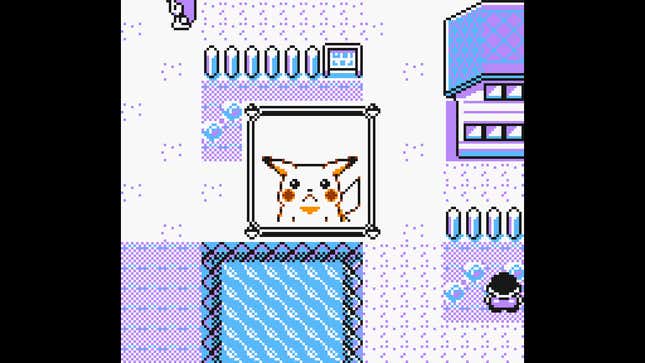
Ian
My dad was actually the one who introduced me to gaming by holding me on his lap while he played Super Mario Bros. 3. These days, we mostly just trade high scores on his Arcade1Up Pac-Man and Dig Dug machines.
My folks have generally stayed out of my way when it comes to gaming. They closely monitored my music for a while and even had an anti-Pokémon stint, but for the most part I could really play any video games I wanted. My dad even drove me to pick up a copy of Grand Theft Auto: San Andreas during the whole “Hot Coffee” fiasco because I thought maybe an original copy would be worth some money some day. He thought it was hilarious.
I’m not sure why they were so strict with some things and so lax with others. Maybe I should ask them. In any case, I get paid to write about video games now and they think that’s really neat, so I guess it all worked out in the end.
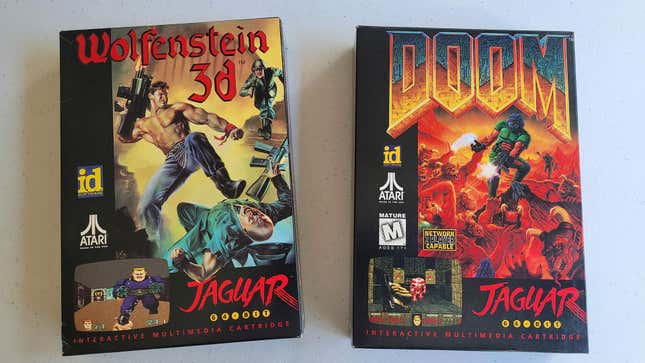
Alexandra
My parents were almost completely hands-off with my own video game habit (obsession, really). I remember one time as a teen I felt like testing my mom for some reason so I showed her the copy of Jaguar Wolfenstein 3D I had just bought and asked what she thought. As you can see above, the cover looks very violent. She just said something about “I am trusting you” or the like and that was that. (I wish she was still as supportive of me opposing Nazis today. Zing.)
As for how they felt otherwise? I certainly got in trouble for playing too much and ignoring chores, which led to some childish (on my part) fights. But outside of groundings, I had very little oversight or restriction in regard to gaming, and I wonder if I might have benefitted from some. I look at young kids today—in particular my niece and nephew—and feel concerned about the incredible amount of time they spend glued to screens. This feels somewhat hypocritical given my own history, and also points to my ongoing ambivalence about potential long-term health and lifestyle effects of excessive gaming. But that’s another topic.
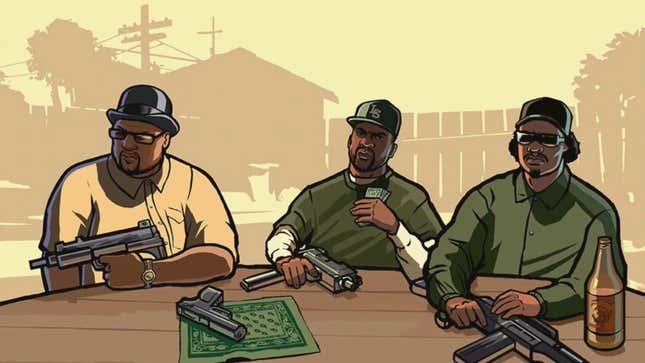
Zack
My parents are the reason I love and play video games. My mom and dad both enjoyed them, telling me stories of different old Atari games they played. My parents were also frugal because we didn’t have a lot of money most of the time. So they would buy my brother and I older, cheaper consoles and games, because we were dumb kids without the internet and we didn’t know any better.
In retrospect I’m happy they did that. It means I grew up playing consoles and games that were technically many years old. I feel it’s given me a more rounded gaming experience, which has probably helped me when writing and talking about games.
My parents were very supportive of games. My mom even said, many times, that I would probably get a job involved video games and she wanted to help me get there. We were free to play anything, even M-rated games. Though my parents always stressed how games were fake and that we needed to always keep reality and games separate: Don’t go shooting fireballs at your friends or jumping off buildings in real life. As I got older, they would buy new consoles for us and even help me get my first HDTV so I could actually read the text while playing Dead Rising on Xbox 360. I wouldn’t be here, writing about games and other crap, if it wasn’t for my folks being supportive and understanding, even when I was running over people in San Andreas or asking for yet another $60 game after just getting one last month.

Ethan
According to my older brother, once upon a time my mom wouldn’t let video games into the house, so he had to go over to the next-door neighbor’s house to play and then draw diagrams of Super Mario Bros. 1-1 from memory after we’d returned home in order to continue experiencing them. At some point she relented though, because I can’t remember a time we didn’t have an NES in the house. But my parents never accepted video games completely or unequivocally. We had a chore chart where we did stuff like mop the floor and go for a walk around the block in order to earn gold stars, each one counting for 15 minutes of play time.
Every day’s gaming session was capped at roughly one hour per person, though rules were looser on Friday nights and weekends. As we grew older and our younger siblings took up the hobby this system became somewhat of a logistical nightmare. Still, every birthday and Christmas my parents would sit in some GameStop or Toys “R” Us parking lot waiting to get in line for whatever hot game was coming out, since this was back in the days when games more often sold out.
Still, they drew the line at violent stuff, though this policy was also more Swiss cheese than Swiss clockwork. Militaristic violence and guns were a hard no, but anything loosely fantasy-based—Link shooting arrows at spiders or Final Fantasy characters smacking people with giant swords—was fine. My brother had to play Parasite Eve late at night after the rest of us went to bed. Maybe that’s why I’m still terrified of zombie games. Even when I was a teenager my dad made a stink about me playing Total Annihilation for hours late into the night. He didn’t like the idea of armies of robots blowing each other up being the last thing flickering through my brain before I fell asleep. Little did he know that the game actually helped transform me into a staunch pacifist.
How About You?
Kotaku’s weighed in, but what’s your take? Did your parents give you free rein to game, or was it more complicated? Have your say! We’ll be back next Monday to deliberate and debate on another nerdy issue. See you in the comments!
